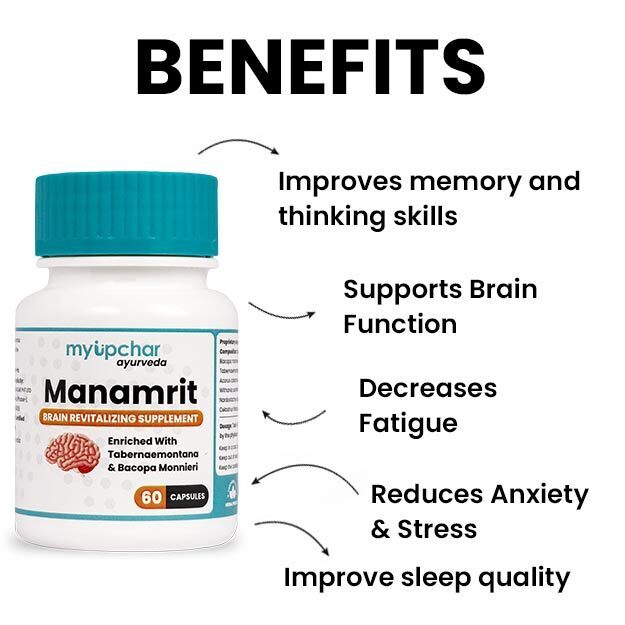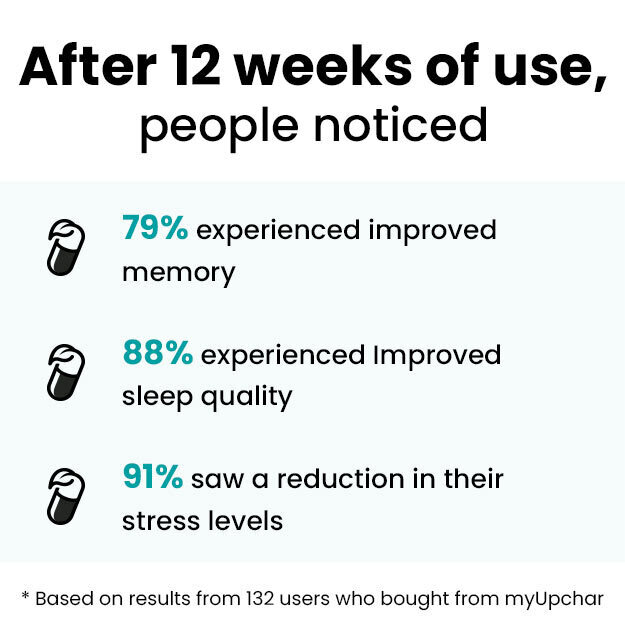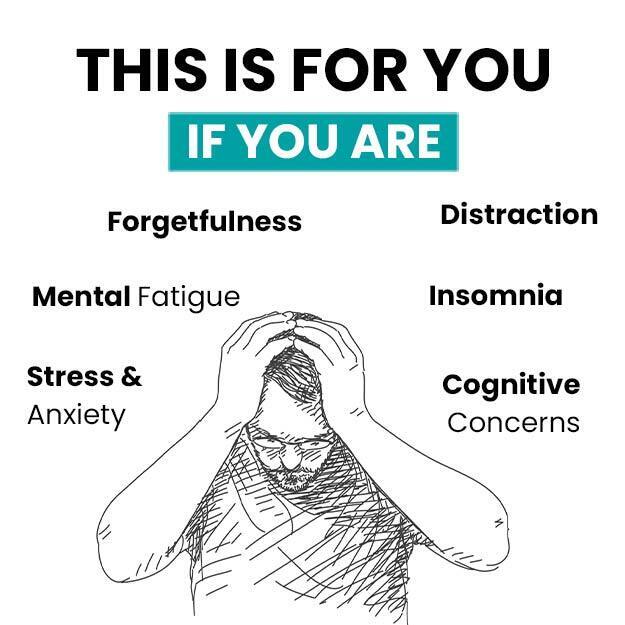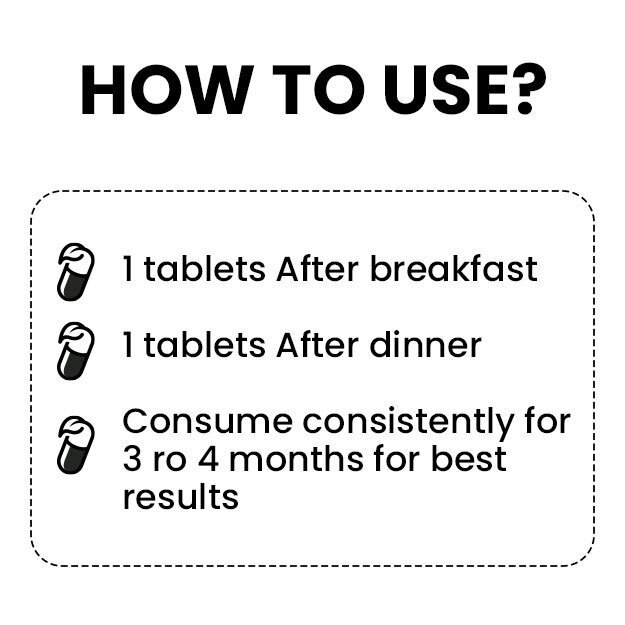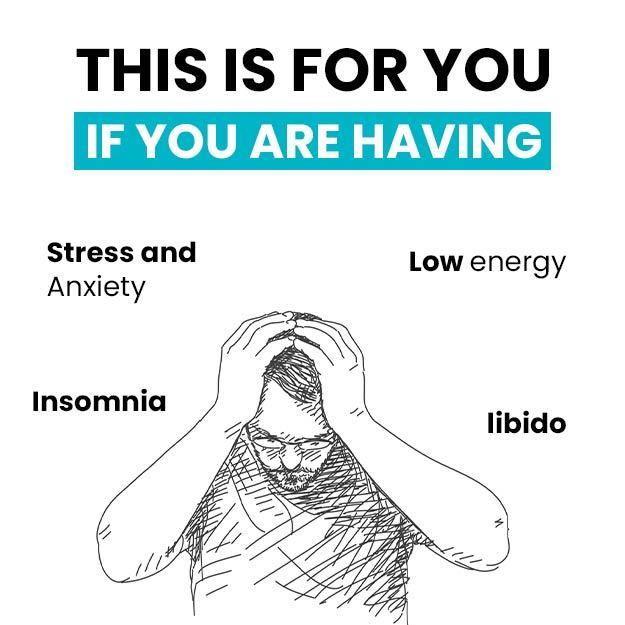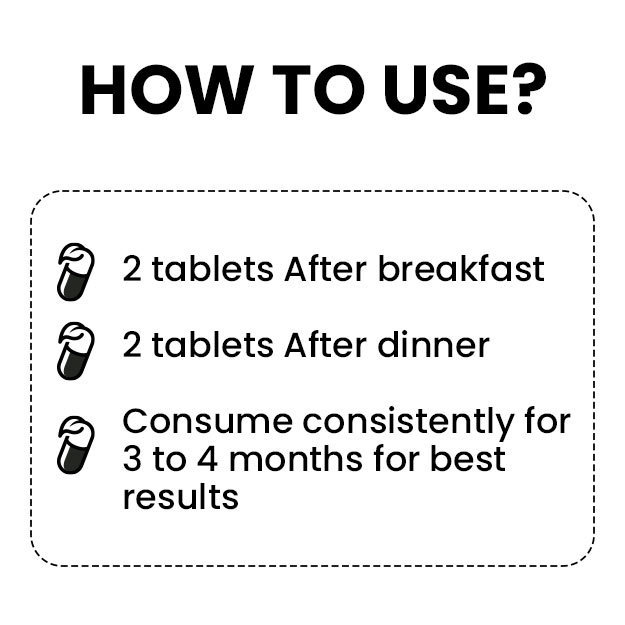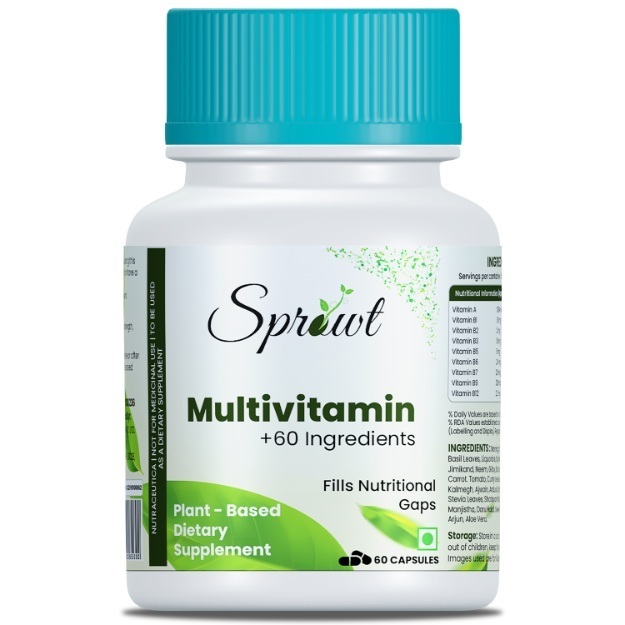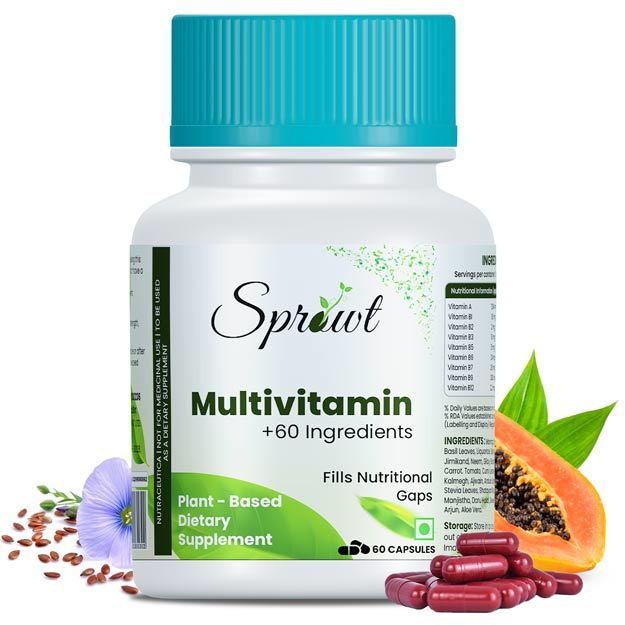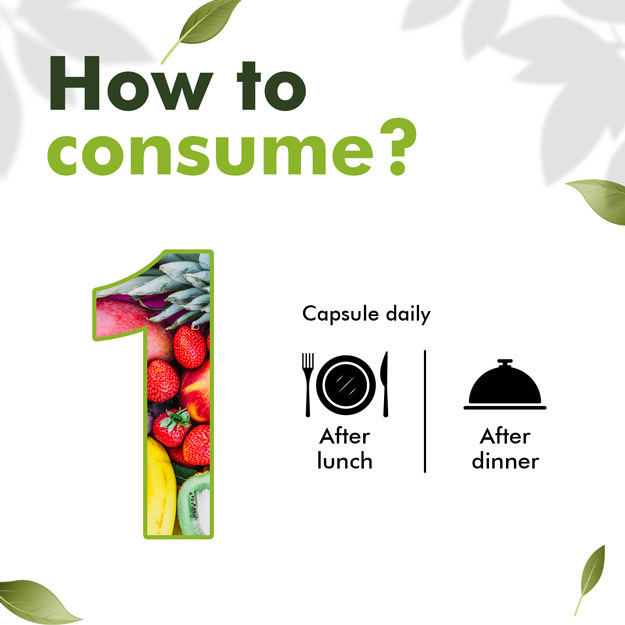Nowadays people are very conscious about their mental health along with their physical health . This is the reason why people are aware of problems like stress and depression. If we talk about mental health, then all of you must have heard the name of dopamine at some time or the other. But have you ever wondered what is dopamine? And what effect does its deficiency have on the body? If you do not know, then in today's article we will talk about this dopamine. First of all, let's start with the history of dopamine -
Read more - (Boosting Serotonin Naturally: Tips for Better Mental Health)
- History Of Dopamine
- What Is Dopamine?
- Where Is Dopamine Made In The Brain?
- What Does Dopamine Do?
- Role Of Dopamine In Mental Health
- Role Of Dopamine In Other Diseases
- What Does Dopamine Do In The Body?
- Symptoms Of High And Low Dopamine Levels
- How To Increase Dopamine?
- How To Do A Dopamine Detox?
- Summary
History Of Dopamine
Dopamine was first seen in 1910 by George Barger and James Evans at the Wellcome Laboratory in London, England. After this, in 1958, Arvid Carlson and Nils-Oke Hillarp, in the Laboratory of Chemical Pharmacology of the National Heart Institute of Sweden, discovered what dopamine does as a neurotransmitter. Arvid Carlson was awarded the Nobel Prize for Medicine in 2000, because he showed that dopamine is not only associated with norepinephrine and epinephrine, but is also a neurotransmitter.
Read more - (Unlocking the Power of Leptin Hormone)
What Is Dopamine?
Dopamine is a hormone and a type of neurotransmitter or chemical messenger, which is produced in our brain. Our nervous system uses it to send messages between nerve cells. And these messages also keep moving between the brain and the rest of the body. This neurotransmitter affects our body, mind and behavior. We feel happy, this happens due to dopamine. That is why it is also called happy hormone. It is because of dopamine that we are able to think and make plans.
It helps us to focus, work towards goals and see something good and happy in things. Until any disease or problem starts bothering us, we do not pay attention to it or we do not feel that there is any problem. And the same is with dopamine meaning, but having too much or too little dopamine has different effects on health and can lead to health problems. Due to this, some serious problems like Parkinson's disease can occur and some less serious problems can also occur. Now let's talk about what are the functions of dopamine?
Read more - (Effective Medicines for Hormonal Imbalance)
Where Is Dopamine Made In The Brain?
Neurons in the brain produce dopamine in phases. First, the amino acid tyrosine is converted into another amino acid, called L-dopa. Then enzymes convert L-dopa into dopamine. Dopamine is made from tyrosine, and tyrosine is made from amino acids that we consume in the form of food. Foods rich in tyrosine include:
- Chicken and other dairy products
- Dairy foods such as milk, cheese and yogurt
- Avocado
- Bananas
- Pumpkin and sesame seeds
- Soy.
Read more - (How to Become Mentally Strong)
What Does Dopamine Do?
Dopamine passes through four pathways in our brain. In between, there are also pit stops i.e. dopamine receptors. Dopamine stops at these receptors and transmits different messages to different parts of the body. And these messages affect our movement, our relationship with our body, our ability to feel and experience pleasure, and our thinking.
Dopamine plays a big role in making us feel happy. When you do something that makes you feel good, the brain releases a certain amount of dopamine. This makes us feel happy and have a good feeling. When you eat good food, or do something you like, or get a gift, or get a good result, any situation can make you feel happy. It affects many parts of your behavior and bodily functions, such as:
- Learning
- Getting motivated
- Proper kidney function
- Breastfeeding
- Sleep
- Maintaining memory power
- Controlling stress
- Mood
- Concentration
- Controlling digestion and blood circulation
- Reducing pain
- Regulating heart rate
- Blood vessel function
- Controlling dizziness and vomiting
Read more - (Stress relieving foods - myUpchar)
Role Of Dopamine In Mental Health
It is difficult to pinpoint the cause of most mental problems. But some mental problems also occur when too little or too much dopamine is released in the brain. For example
- Schizophrenia - This is a serious problem but it can be treated. It involves hallucinations, which means seeing things that are not real, and delusions, which means believing lies strongly. Other symptoms include unbalanced thoughts and abnormal physical movements. Dopamine imbalance in different pathways in the brain causes these symptoms.
- ADHD - It cannot be said for sure what causes ADHD. According to some studies, it may be due to lack of dopamine or it may be due to your genes. The ADHD drug methylphenidate or Ritalin works by boost dopamine.
- Drug addiction - Drugs like cocaine can increase dopamine in the brain very rapidly. That is why after taking such drugs, one feels very happy and peaceful. And this is why one gets addicted to such drugs. But if such drugs are taken for a very long time or in very high quantities, then dopamine starts to be produced less in the body, due to which you become emotionally weak along with being a person.
Read more - (Home Remedies for Easing Depression)
Role Of Dopamine In Other Diseases
Dopamine also affects health problems that are not directly related to the brain. It also plays a role in diseases that are not related to mental health. One of these is Parkinson's disease and the other is obesity.
- Parkinson's disease - Dopamine is what enables neurons or nerve cells in our brain to communicate with each other and control movement. In Parkinson's, the nerves and cells that control body movement start breaking down, and less dopamine starts being produced in the body.
- Obesity - In most cases, if you eat more calories than you burn, you will gain weight. So why can't obese people eat less and lose weight? The answer is not so simple. Studies show that in obese people, the body does not make enough dopamine and serotonin.
Read more - (Mental fatigue and exhaustion)
What Does Dopamine Do In The Body?
Dopamine plays an important role in relaxing blood vessels. Doctors prescribe dopamine as inotropin to treat the following diseases:
- Low blood pressure
- When the heart does not pump blood properly
- Blood flow to vital organs is not proper
- Septic shock
If you have the following problems after taking dopamine, then pay attention. Such as -
- Irregular heartbeat
- Fast heart rate
- Difficulty breathing
- Chest pain
- Nausea and vomiting
- Headache
Read more - (Runner's high)
Symptoms Of High And Low Dopamine Levels
First of all, understand that the level of dopamine cannot be measured by doing a blood test, it can only be identified through the emotions of the mind and the actions of the body.
Symptoms Of Low Dopamine
If you have low dopamine levels in your brain, you may have the following symptoms:
- Not being able to finish tasks on time
- Not feeling pleasure in activities that you used to
- Low energy
- Anxiety or sadness
- Difficulty concentrating
- Trouble sleeping
- Low sex drive
Symptoms Of High Dopamine
If your dopamine levels are high, you may feel:
- Euphoria, or extreme happiness
- Good energy in the body
- Good sex drive But high dopamine levels can also have some disadvantages -
- Trouble sleeping
- Getting angry
- Difficulty controlling your actions
- Dopamine remains active in our brain and helps us feel happy.
Read more - (How does sex relieve stress?)
How To Increase Dopamine?
Dopamine is a brain chemical. Some research suggests that certain foods rich in magnesium and tyrosine, an amino acid that is converted into dopamine in the brain, may also increase dopamine levels. Examples include chicken, almonds, apples, green leafy vegetables, green tea, tomatoes, and turmeric. Dopamine levels increase when you do things that make you feel happy and relaxed. Supplements that increase dopamine levels include:
- Tyrosine
- L-theanine
- Vitamins D, B5, and B6
- Omega-3 essential fatty acids
- Magnesium
How To Do A Dopamine Detox?
Dopamine detox, also known as dopamine fasting, has gained popularity in recent years. Dopamine detox was first developed by Dr. Cameron Sepah as a cognitive behavioral therapy aimed at improving symptoms of people who have high anger issues or addictions. Dopamine detox doesn’t mean you give up all activities that bring you pleasure. Instead, you focus on behaviors that cause problems in your life.
- Distress eating
- Internet or gaming
- Gambling
- Porn or masturbation
- Drug use
Dopamine detox means different things to different people. For some people, it means completely disconnecting from electronic devices and social media. While some people also give up activities that are good, such as staying away from healthy activities like exercise.
Read more - (How to Quit Alcohol)
Summary
Dopamine is a hormone and neurotransmitter that affects emotions, behavior, and movement. It plays a major role in how we feel pleasure. Too high or too low dopamine levels can cause mental and physical conditions such as Parkinson's disease and schizophrenia. If you're concerned about your dopamine levels, talk to your doctor.






